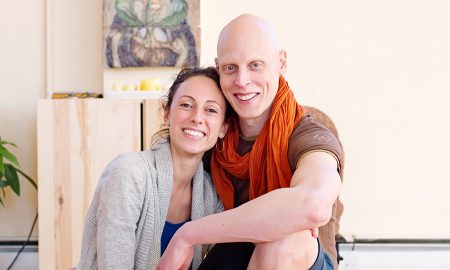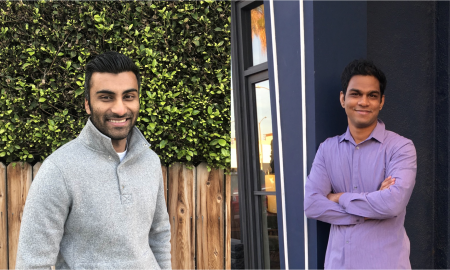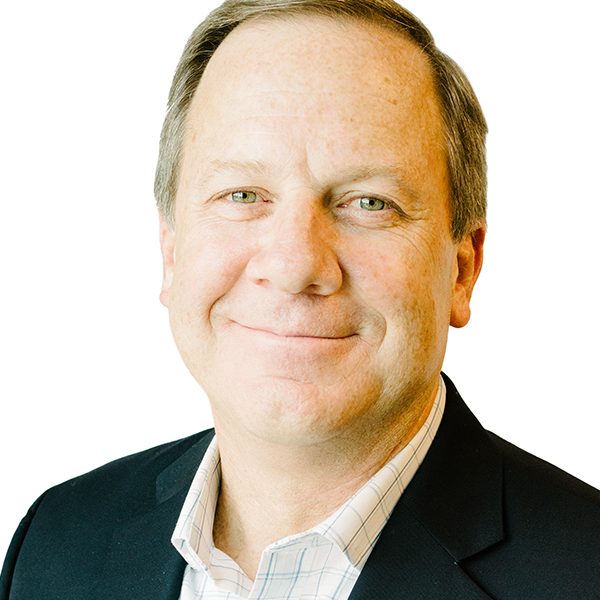

Today we’d like to introduce you to Mark Stone.
Mark, can you briefly walk us through your story – how you started and how you got to where you are today.
The FSH Society was founded in 1991 by two patients, Daniel Perez and Steve Jacobsen, and is today the world’s largest patient-driven organization for facioscapulohumeral muscular dystrophy, or FSHD, one of the most prevalent forms of muscular dystrophy. FSHD affects an estimate 1 in 8,000 individuals, or nearly one million people worldwide.
FSHD is a genetic disorder that leads to the weakening of skeletal muscles. Typically beginning in early teenage years with the loss of muscles in the face (facio), shoulders (scapula), upper arms (humerus), legs or core, FSHD can spread to any muscle. Around 20 percent of people with FSHD will need a wheelchair by age 50. Over 70 percent experience debilitating pain and fatigue. There is no effective treatment or cure
Twenty-five years ago, people diagnosed with FSHD had no place to turn for help. There was virtually no research on FSHD. Most doctors had never heard of the condition and had little to offer to patients. The founders of the Society reached out to a variety of people who might know FSHD patients, and one by one built up a network of patients and family members. They urged researchers to take an interest and scraped together funding for some of the first research grants in the field. The FSH Society launched the careers of many of today’s leaders in FSHD research. Our pioneering work has ignited interest by more than a dozen biotech companies in developing treatments. We have arrived at a tipping point where there is genuine hope for a treatment by 2025.
We’re always bombarded by how great it is to pursue your passion, etc. – but we’ve spoken with enough people to know that it’s not always easy. Overall, would you say things have been easy for you?
Trying to find treatments for rare diseases is never a smooth road. When most people have never heard of a disease, it is truly a daunting task to mobilize talent and resources to fight it. The social, political, and economic challenges are huge.
The scientific challenge was no less daunting. FSHD was a complete enigma. The defect associated with the disease was in a stretch of ‘junk DNA’ thought to be without any sort of biological function. It took us two decades to unpeel this onion and identify the cause of FSHD, and with it an entirely new mechanism for human disease.
Our best science to date indicates that FSHD is caused by (hold onto your hat) “the inefficient repeat-mediated epigenetic repression of an embryonic/germline transcription factor that is ectopically expressed in skeletal muscle.” To put it another way, our junk DNA contains a gene that may play a role in the human embryo, and afterward is repressed, except that in FSHD, the gene gets activated, and is toxic to muscle. How this gene causes the muscle wasting and decay remains completely unknown. Yet, we are fast traversing this choppy terrain to help create better diagnostics, drive drug development, and push forward into clinical trials.
It hasn’t been smooth sailing, but no problem can withstand the power of sustained thinking and effort. The FSH Society has been persistent in its support, advocacy, and effort to provide insights and help the scientific community discover this great medical breakthrough—a completely new disease mechanism for human disease. Getting to this point required a high tolerance for the anomalies and seemingly negative results from testing innumerable hypotheses.
So, let’s switch gears a bit and go into the FSH Society story. Tell us more about the business.
The FSH Society is known for being a global leader in research and patient advocacy, and a catalyst for getting things to happen. Our annual research conference is the premier scientific meeting in the field, and we convene dozens of patient gatherings and conferences across the U.S. every year. We are the organization families turn to for accurate information, emotional support, and hope.
We are laser-focused on speeding the development of treatments and a cure. We do so by investing in research initiatives that will move us further faster; by activating and empowering patients, families and their allies; and by mobilizing resources from industry, government, and other organizations around the most efficient and effective strategy to speed up therapy development.
We are very proud of the extraordinary impact the FSH Society has had in advocacy and research, promoting solutions that have real impact on science and on patients’ lives. To date, the FSH Society has funded over $9 million in research initiatives that have propelled us into the era of treatment discovery and development. Our work has contributed to identifying the genetic mechanism of FSHD, development of animal models, validation of clinical trial endpoints, and early-stage drug discovery research. We contributed to the 2015 publication by the National Academy of Neurology of the first evidence-based FSHD care guideline; and provided cornerstone funding for the nationwide FSHD Clinical Trial Research Network, established in 2016.
The Society’s work in education and training has led to increased funding in the United States and abroad. We were a key participant in drafting the Muscular Dystrophy Community Assistance Research and Education Act of 2001 (MD CARE Act), which mandates research and investigation into all forms of muscular dystrophy. Since its inception, more than $600 million in additional NIH funding has gone into muscular dystrophy research, and this in turn has fostered billions of dollars in non-federal funding into muscular dystrophy. Unfortunately, most of those funds have not gone to FSHD research. For us, it remains a daily challenge to find the resources to achieve our goals.
The Society’s work of the past 27 years has been driven largely by the passion, dedication, and extremely long hours given by a very small group of individuals. MIT professor David Housman, chair of the FSH Society Scientific Advisory Board (SAB), and his colleagues on the SAB have volunteered their time and knowledge to bring about insight into FSHD and help those suffering from the disease. Our board of directors works countless hours without remuneration to guide the organization and fundraise. Ninety percent of our board is directly affected by FSHD, which reflects our core value of putting patients and families at the center of everything we do.
Has luck played a meaningful role in your life and business?
I suppose it was bad luck that FSHD had such a complicated genetic mechanism. That it turned out to be an entirely new type of genetic disease was a kind of good luck, because it was such a tour de force to unravel it (a breakthrough that put FSHD on the front page of the New York Times), and this mechanism suggests many possible approaches to treating the disease. We now stand before the prospect of establishing an infrastructure for FSHD clinical trials, new treatments, and new ventures. Now we need the support of others more than ever to help reach our goals. And after all that, with good grace and luck we’ll have a treatment and cure.
Contact Info:
- Address: FSH Society
450 Bedford St.
Lexington MA 02420 - Website: www.fshsociety.org
- Phone: 781-301-6060
- Email: info@fshsociety.org
- Facebook: https://www.facebook.com/FSHSociety/
- Twitter: https://twitter.com/FSHSociety
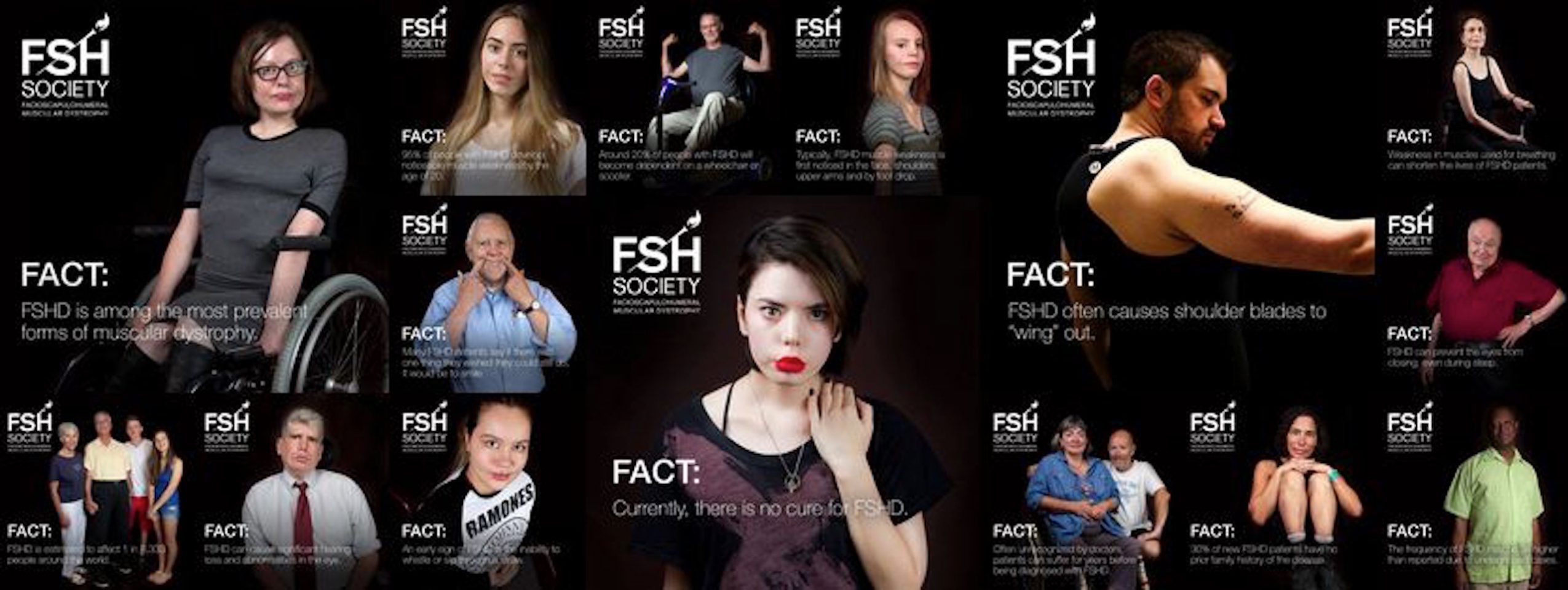
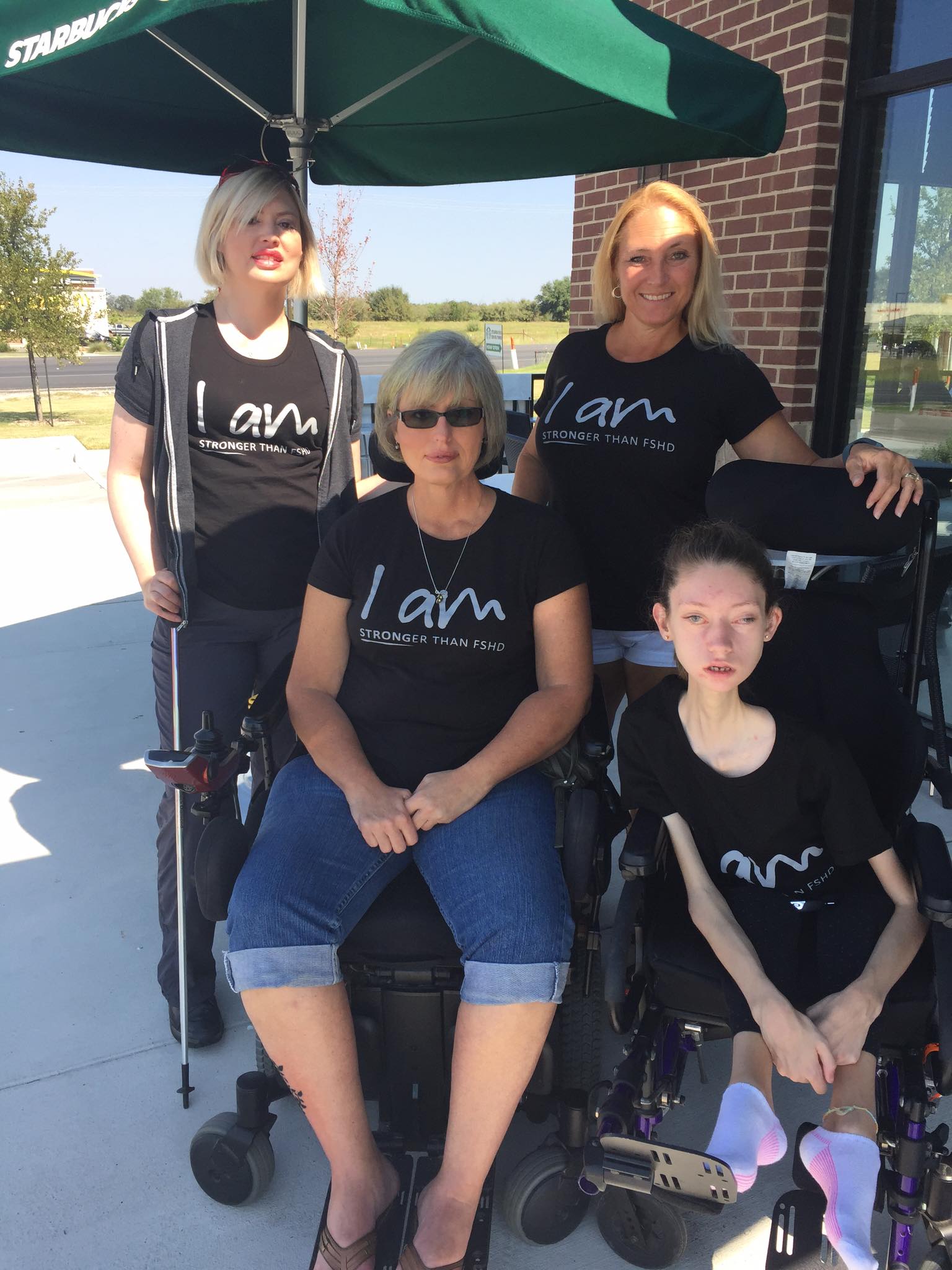
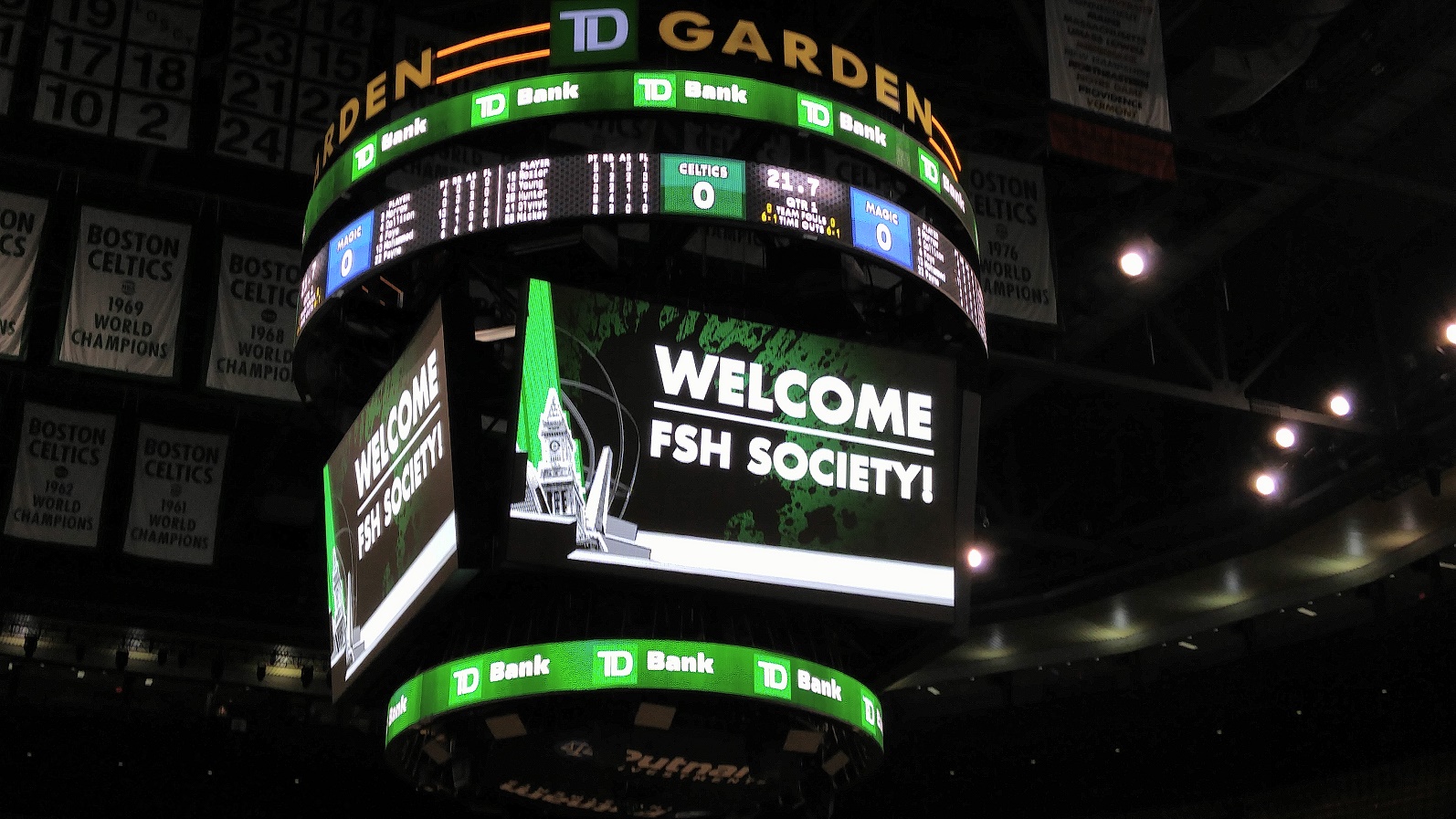
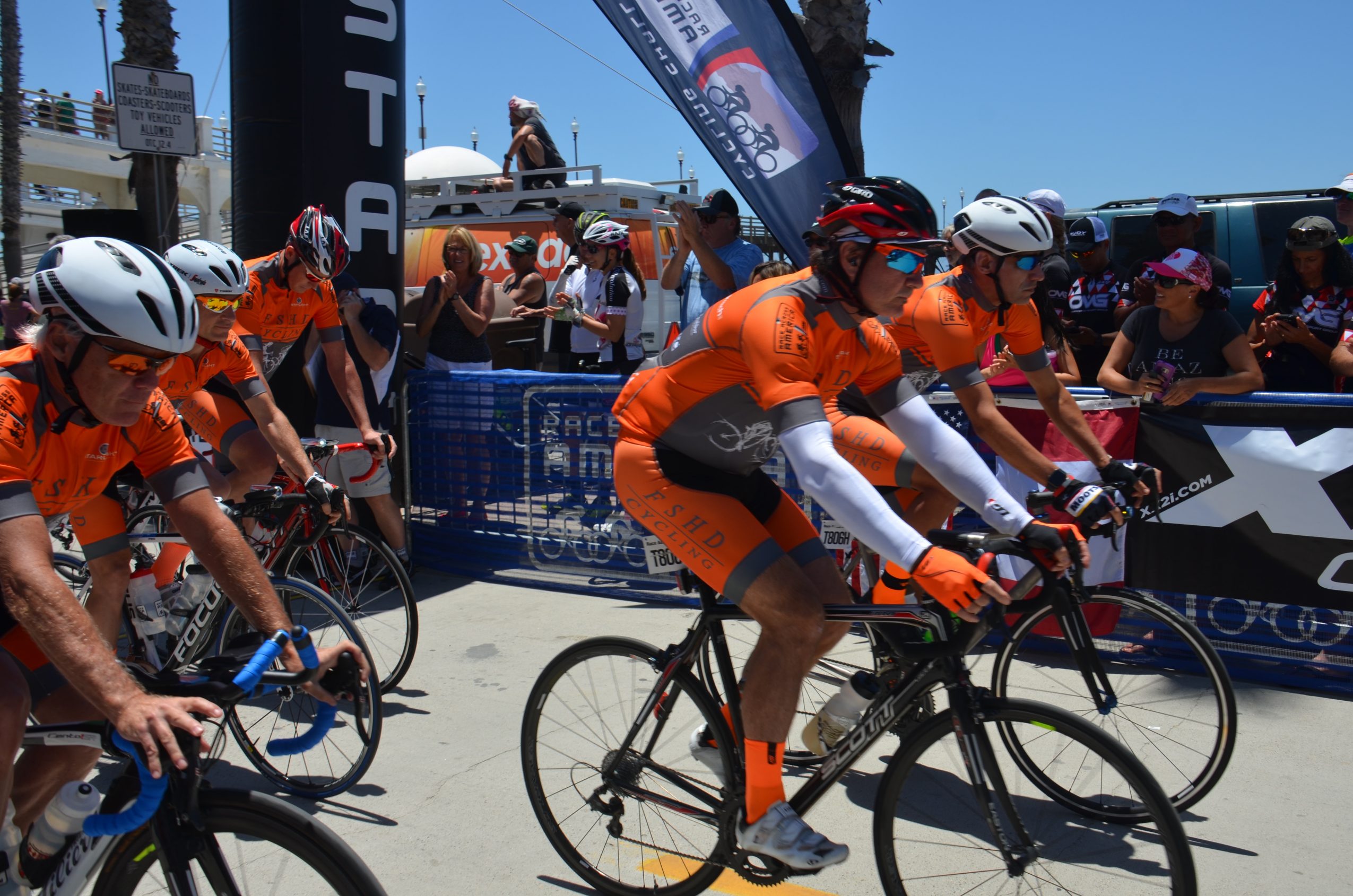
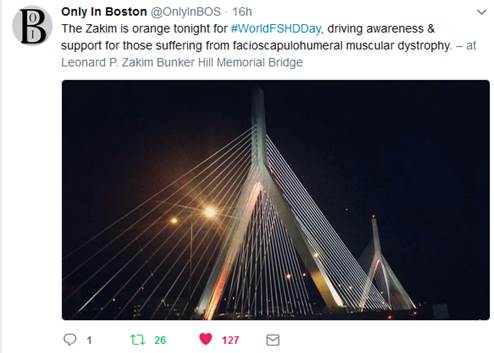
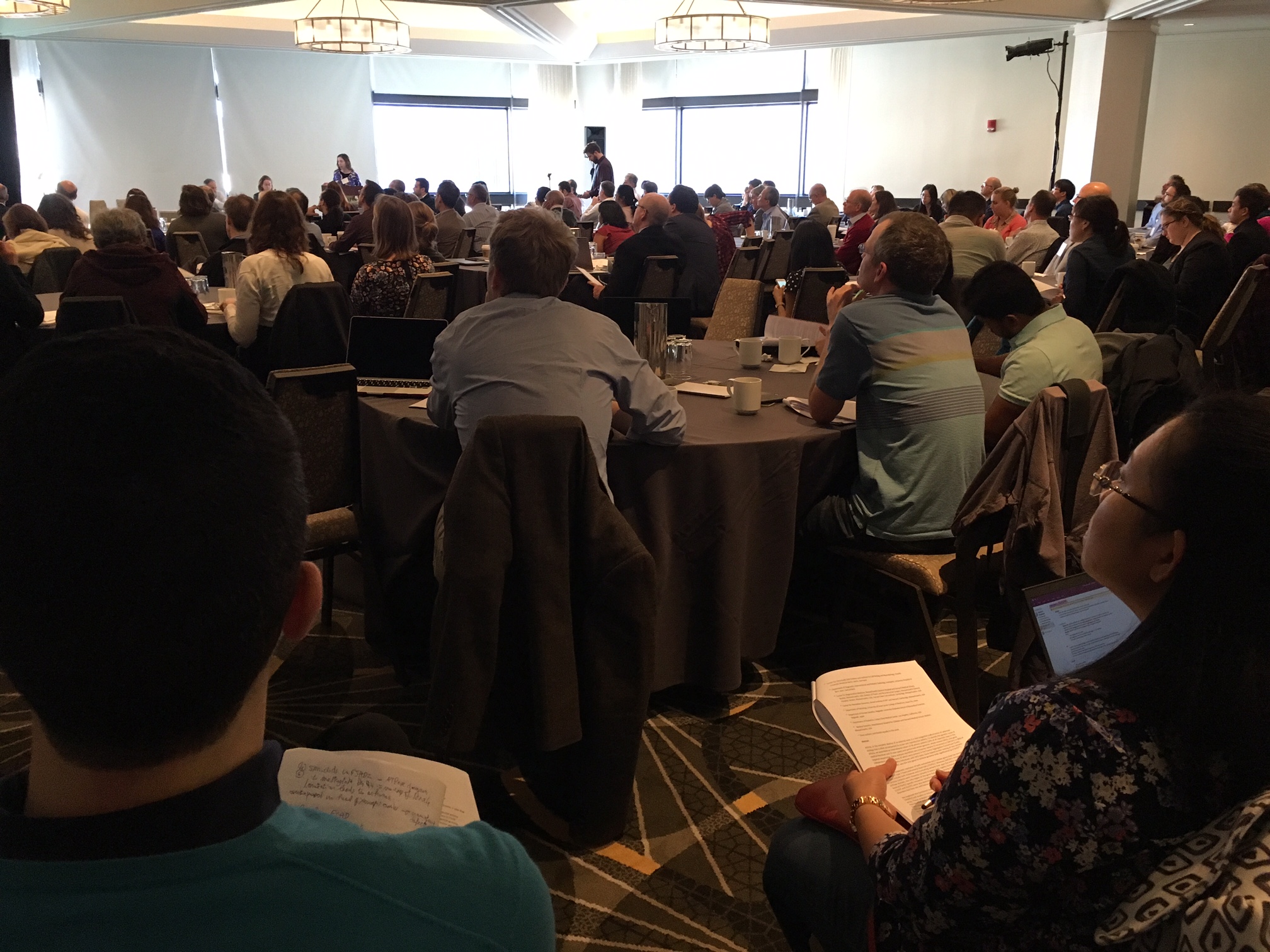
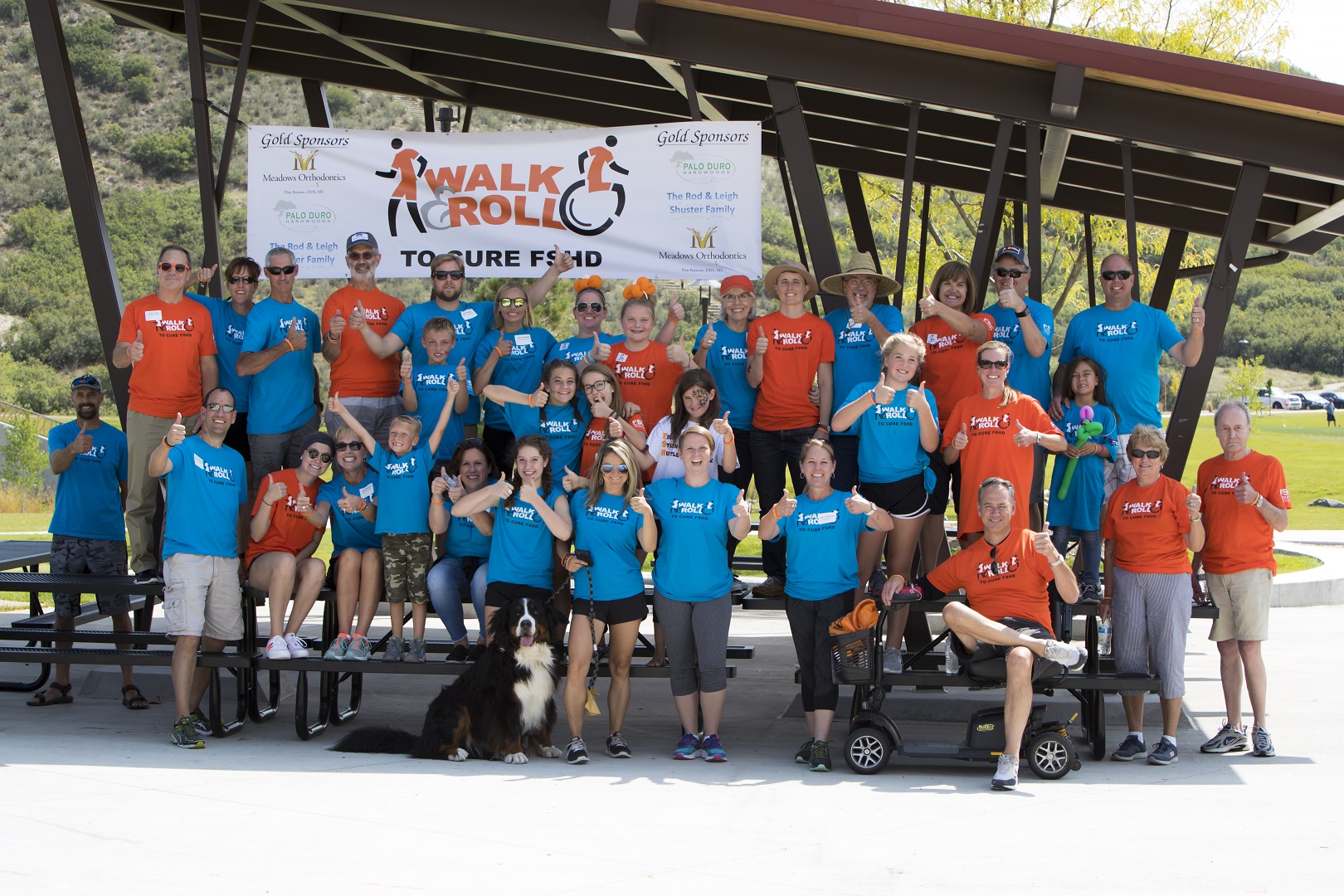
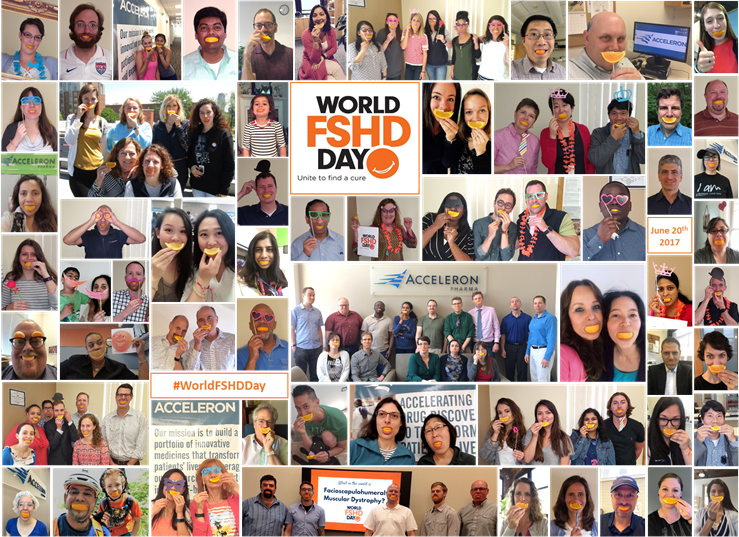
Image Credit:
FSH Society
Getting in touch: BostonVoyager is built on recommendations from the community; it’s how we uncover hidden gems, so if you know someone who deserves recognition please let us know here.














